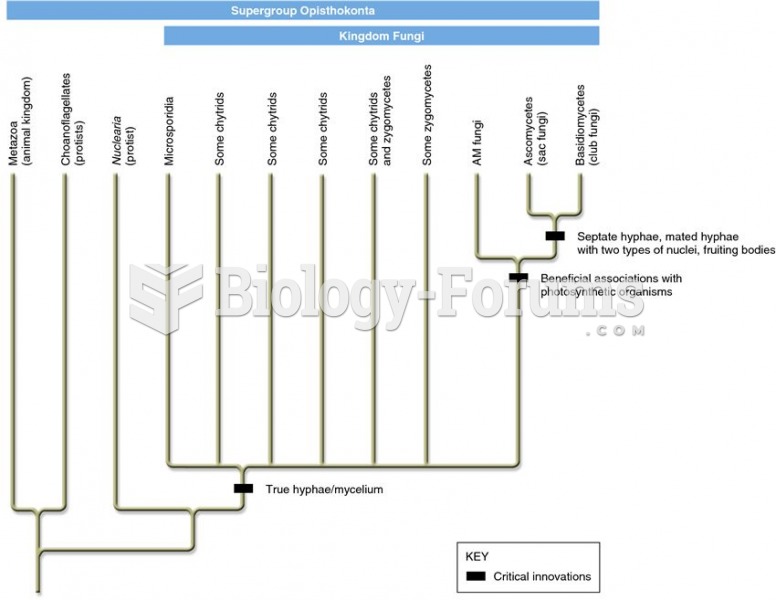Answer to Question 1
A distinguishing characteristic of successful supply chains is the ability to achieve alignment between people, processes, and technologies that are essential to the planning and operational aspects of supply chains. Essentially, alignment refers to a commonality of functionality and purpose that reinforces accomplishment of supply chain goals and objectives.
Three example types of alignment are highly relevant to supply chain management.
Supply chain and organizational strategies. Organizational success requires that the strategies, plans, and functioning of the supply chain are aligned with those of the overall organization.
Supply and demand. Principally within an individual organization, alignment between supply and demand will help to maximize the extent to which products and services are available to customers when and where they are needed, and to minimize waste and inefficiency of resources throughout the supply chain.
Supply chain and trading partners. Going beyond the boundaries of an individual organization, there are significant benefits to making sure that the organization, its suppliers, and customers are aligned.
Many organizations have directed significant attention toward working more closely with supply chain partners, including not only customers and suppliers but also various types of logistics suppliers. Considering that one of the fundamental objectives of effective supply chain management is to achieve coordination and integration among participating organizations, the development of more meaningful relationships throughout the supply chain has become a high priority. Also, collaboration is viewed as a principal strategy to achieve alignment, and is closely related to the pursuit of effective relationships.
As suggested by the late Robert V. Delaney in his Eleventh Annual State of Logistics Report, relationships are what will carry the logistics industry into the future. In commenting on the current rise of interest in e-commerce and the development of electronic markets and exchanges, he states, We recognize and appreciate the power of the new technology and the power it will deliver, but, in the frantic search for space, it is still about relationships.. This message not only captures the importance of developing logistics relationships but also suggests that the ability to form relationships is a prerequisite to future success. Also, the essence of this priority is captured in a quote from noted management guru Rosabeth Moss Kanter who stated that being a good partner has become a key corporate asset; in the global economy, a well-developed ability to create and sustain fruitful collaborations gives companies a significant leg up..
Answer to Question 2
True







